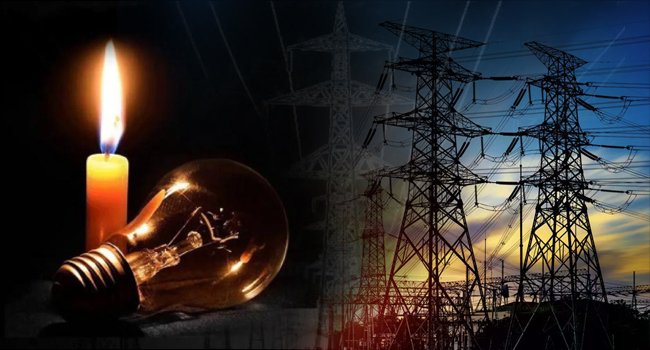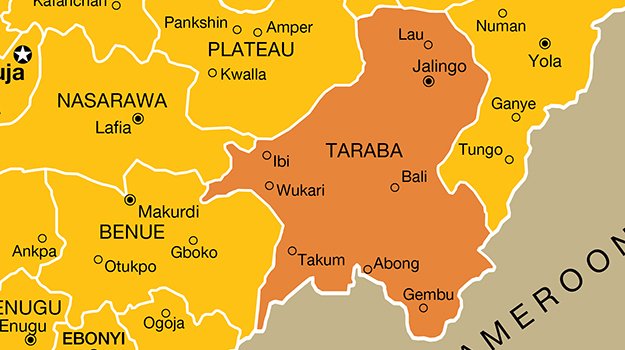Residents of the Federal Capital Territory, FCT, Abuja and customers of the Abuja Electricity Distribution Company (AEDC) have expressed fury over the worsening power outages in the nation’s capital, suing for urgent restoration of the situation. The aggrieved residents expressed displeasure with the recently announced planned electricity disruptions across key areas in Abuja. The power collapse has since moved from bad to worse, sparking outrage as public healthcare, social, and economic activities are at a standstill. Juliet Jacob, of Africa Health Report in this feature shares the concerns of some residents.
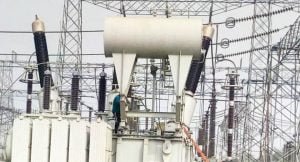
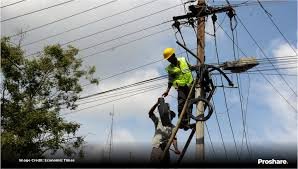
In the past two weeks in the month of January 2025, the residents of Abuja and its environs have witnessed massive electricity disruptions. These disruptions, coupled with the unending national grid failures, highlight the severe challenges facing Nigeria’s electricity sector. Sadly, the collapse of infrastucture is coming when the residents are grappling with exorbitant cost of goods and services, including electricity tariff. The implications of this crisis are far-reaching and require urgent attention from both the government and the private sector.
Health Implications: A Looming Crisis for Healthcare
The most immediate consequence of power disruptions is the threat to healthcare services. Hospitals and healthcare facilities across the country rely heavily on uninterrupted electricity to power life-saving equipment such as ventilators, incubators, and dialysis machines. Prolonged outages in power supply could severely hamper their ability to provide critical care, putting the lives of patients in jeopardy. Additionally, individuals dependent on electricity-powered medical devices in their homes are also at heightened risk, with disruptions affecting their well-being and safety.
Social Implications: A Strain on Daily Life
The social impact of frequent power outages is stark, especially for residents in major urban areas like Abuja. With limited access to electricity, basic amenities such as lighting, water supply, and communication networks are compromised. This increases insecurity in poorly lit neighbourhoods, heightening the risks of criminal activities. Furthermore, students who rely on technology for studying and attending online classes are left at a disadvantage, as their ability to continue their education is disrupted.
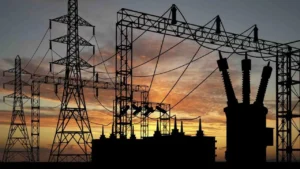
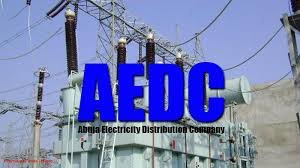
For families, the inconvenience extends beyond daily routines. As noted by Gloria Eze, a mother of three, “It’s unsafe for my children to live in darkness, and we spend so much on fuel for our generator.” In households across the capital, the cost of fuelling generators adds another layer of economic strain, with residents struggling to manage the demands of daily life amidst frequent outages.
Economic Implications: Businesses Bear the Brunt
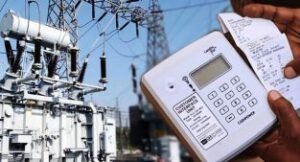
The economic fallout of Nigeria’s unstable electricity grid is equally concerning. Small businesses, in particular, bear the brunt of these disruptions. Fashion designer Mrs. Ruth, for example, has faced challenges in delivering timely services to her clients due to power shortages. “Some of my customers don’t understand that the lack of electricity is causing delays in delivering their clothes,” she shares. The high cost of fuel for her generator only compounds the problem, making it difficult for her to remain financially viable.
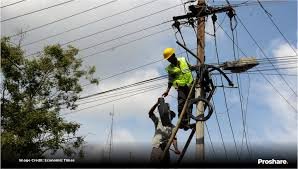
For small businesses, the lack of reliable power means increased operational costs, reduced productivity, and the potential for lost customers. Chika Okoro, a bakery owner, expresses similar frustrations: “My bakery relies on power for refrigeration. Each blackout costs me thousands in spoiled goods.” These financial losses contribute to a wider economic downturn, as local businesses struggle to survive amidst an unstable energy supply.
Urgent Calls for Reform
Speaking with Africa Health Report (AHR), Mrs. Ruth shared her challenges as a fashion designer who relies on an industrial sewing machine to serve her clients. She explained that the unstable power supply has greatly affected her business. Some customers do not understand the delays caused by the lack of electricity, and running a generator has become almost impossible due to the high cost of fuel.
Beyond her work, Mrs. Ruth also faces difficulties at home. “Sometimes, I cook food, and it gets spoiled because there’s no power to preserve it in my freezer. My frozen chicken and other items have been wasted several times. So many things are going wrong,” she lamented. She expressed hope that the electricity issues would be resolved soon to ease her struggles.
The Year in Review: A Troubling Trend of National Grid Failures
In 2024, Nigeria’s national grid experienced a series of collapses, leading to widespread blackouts that crippled both domestic and commercial activities. The first significant incident occurred in January, when a nationwide blackout plunged the country into darkness. July witnessed another major collapse during peak electricity demand, and in November, residents were left without power for over 24 hours, leading to public outrage.

These events shed light on deep systemic issues within Nigeria’s power sector. Aging infrastructure, inadequate maintenance, and insufficient investment have all contributed to the increasing frequency of grid failures. In January 2025, the first national grid failure of the year occurred, marking the 13th collapse in just 13 months. Power generation dropped from 2,111 MW at 2 pm to a mere 390 MW by 3 pm, leaving the entire country without electricity.
Expert Perspectives: Root Causes and Proposed Solutions
Energy experts attribute the recurring grid failures to a range of factors, including outdated equipment, insufficient gas supply, and a lack of modern supervisory systems. Muktar Mohammed, an energy expert, highlights several key problems: “Obsolete equipment and infrastructure, inadequate gas supply, and vandalism are some of the critical issues plaguing the sector.”
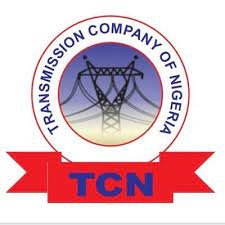
The Transmission Company of Nigeria (TCN) has acknowledged these challenges, refuting claims of a complete grid collapse but confirming that the disruptions are symptomatic of deeper problems. TCN spokesperson Ndidi Mbah stated, “A series of transmission line tripping’s impacted power supply, but restoration efforts are ongoing.”
Minister of Power, Adebayo Adelabu, has called for comprehensive reforms, emphasizing the urgent need to modernize Nigeria’s power infrastructure. “Grid collapses, whether total or partial, are inevitable given the current state of our infrastructure,” Adelabu remarked. He stressed the importance of overhauling the grid to prevent further disruptions.

The Path Forward: Reform and Investment in Energy Infrastructure
The path to resolving Nigeria’s electricity crisis lies in a multifaceted approach that addresses both short-term and long-term challenges. The Nigerian government, in collaboration with private sector stakeholders, must prioritize investments in modernizing power generation, transmission, and distribution systems. According to TCN, ongoing efforts include upgrading critical transmission lines and restoring key infrastructure, such as the Shiroro–Mando axis and the Jebba Transmission Substation.
Energy analysts also advocate for a diversified energy mix that incorporates renewable sources like solar and hydro power. Public-private partnerships will be crucial to driving innovation, securing funding, and building a resilient power sector that can withstand future challenges.As noted by Gloria Eze, a mother of three, “It’s unsafe for my children to live in darkness, and we spend so much on fuel for our generator.” In households across the capital, the cost of fueling generators adds another layer of economic strain, with residents struggling to manage the demands of daily life amidst frequent outages.
Economic Implications: Businesses Bear the Brunt
The economic fallout of Nigeria’s unstable electricity grid is equally concerning. Small businesses, in particular, bear the brunt of these disruptions. Fashion designer Mrs. Ruth, for example, has faced challenges in delivering timely services to her clients due to power shortages. “Some of my customers don’t understand that the lack of electricity is causing delays in delivering their clothes,” she shares. The high cost of fuel for her generator only compounds the problem, making it difficult for her to remain financially viable.
For small businesses, the lack of reliable power means increased operational costs, reduced productivity, and the potential for lost customers. Chika Okoro, a bakery owner, expresses similar frustrations: “My bakery relies on power for refrigeration. Each blackout costs me thousands in spoiled goods.” These financial losses contribute to a wider economic downturn, as local businesses struggle to survive amidst an unstable energy supply.
In another interview with Africa Health Report (AHR), Mrs. Ruth shared her challenges as a fashion designer who relies on an industrial sewing machine to serve her clients. She explained that the unstable power supply has greatly affected her business. Some customers do not understand the delays caused by the lack of electricity, and running a generator has become almost impossible due to the high cost of fuel.
Beyond her work, Mrs. Ruth also faces difficulties at home. “Sometimes, I cook food, and it gets spoiled because there’s no power to preserve it in my freezer. My frozen chicken and other items have been wasted several times. So many things are going wrong,” she lamented. She expressed hope that the electricity issues would be resolved soon to ease her struggles.
Conclusion: Urgent Reforms Needed
Nigeria’s persistent power sector crisis calls for urgent action to ensure a stable and reliable electricity supply. The health, social, and economic consequences of the ongoing disruptions are severe and continue to affect millions of Nigerians. Only through comprehensive reforms and sustained investment can the country begin to address the root causes of its power sector woes and build a more resilient future for its citizens. Without a decisive action, the crisis will only worsen, further hindering economic growth and diminishing the quality of life for millions of people.

